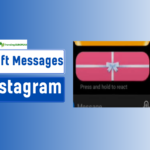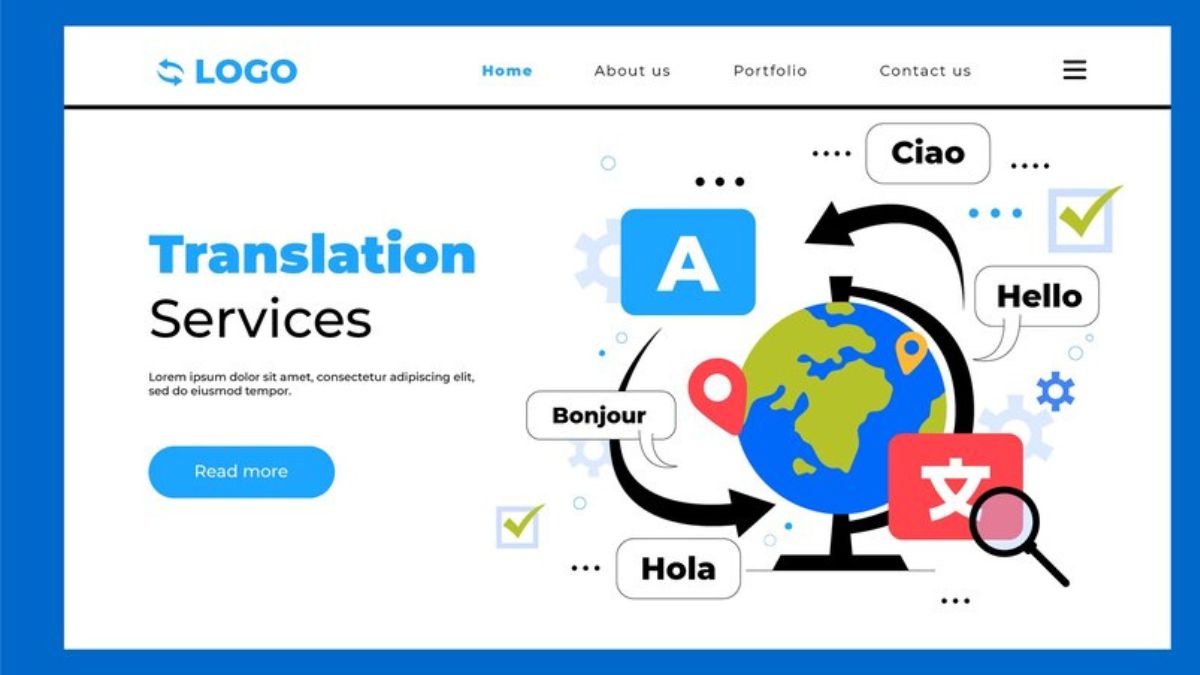A vertėjjas, or translator, plays a crucial role in today’s globalized world. As businesses, governments, and individuals seek to communicate across language barriers, the demand for skilled translators is greater than ever. This article explores the role of a vertėjjas, the skills needed to succeed in this profession, and the importance of translation in various sectors.
What is a Vertėjjas?
A vertėjjas is a translator who works to convert text or speech from one language into another. The term is often used in Lithuania to refer to someone proficient in translation services. Translators can specialize in written documents, legal texts, websites, and even live interpretation. Their main goal is to ensure accurate and meaningful communication between people who speak different languages.
The Growing Need for Translation Services
With the rise of globalization, the need for translation services has skyrocketed. Businesses are expanding into international markets, and governments are interacting more with foreign nations. Whether it’s translating legal documents, marketing materials, or healthcare information, the vertėjjas ensures that the intended message is conveyed accurately and respectfully.
Skills Required to be a Successful Vertėjjas
Being a successful vertėjjas requires more than just knowing multiple languages. A good translator must have excellent writing skills, a deep understanding of cultural nuances, and the ability to accurately convey meaning. Precision and attention to detail are key, as even small errors can lead to misunderstandings.
Cultural Sensitivity in Translation
Cultural sensitivity is a critical aspect of translation. Words and phrases can have different meanings depending on cultural context. A vertėjjas must understand the cultural background of both the source and target languages to avoid miscommunication. For example, idioms or jokes may not translate well across languages and could require adaptation to preserve the intended tone or message.
Types of Vertėjjas Specializations
There are various types of vertėjjas specializations depending on the field in which they work. Some of the most common include:
- Legal Translation: Translating legal documents such as contracts, agreements, or court rulings.
- Medical Translation: Translating medical records, research papers, or pharmaceutical documentation.
- Technical Translation: Translating manuals, engineering reports, and other technical documents.
- Literary Translation: Translating books, poetry, or other literary works.
Each specialization requires specific knowledge of terminology and practices within that field.
The Challenges Faced by Vertėjjas
One of the biggest challenges faced by a vertėjjas is ensuring accuracy. Languages often have unique structures, expressions, and concepts that don’t easily translate into another language. Balancing literal translation with conveying the right meaning can be a tricky task. The vertėjjas must navigate these challenges while maintaining the integrity of the original text.
The Importance of Context in Translation
Context is everything when it comes to translation. Without a thorough understanding of the subject matter, even a fluent bilingual speaker may struggle to translate accurately. A vertėjjas must not only understand the language but also the topic being discussed to ensure that the translation is both accurate and relevant.
The Role of Technology in Modern Translation
Technology has revolutionized the field of translation, with tools like translation software and AI-powered translators assisting vertėjai. However, while these tools can help with speed and efficiency, they lack the nuance and cultural understanding that a human translator brings. The role of a vertėjjas remains irreplaceable when accuracy and context are critical.
Benefits of Human Translation Over Machine Translation
Although machine translation has advanced significantly, it still falls short in areas requiring cultural understanding and creative adaptation. Human translators excel in these areas because they can make nuanced decisions about word choice and tone. This is especially important for legal, medical, and literary translations, where precision is key.
The Role of a Vertėjjas in Business
In the business world, a vertėjjas is essential for companies looking to expand globally. From translating contracts and business proposals to marketing campaigns, a translator ensures that companies can communicate effectively with international clients and partners. Accurate translation helps avoid misunderstandings and fosters positive relationships.
The Importance of Vertėjjas in Healthcare
In healthcare, the role of a vertėjjas is critical. Patients need to understand their diagnoses, treatment options, and medications. Miscommunication in this field can have serious consequences. A skilled vertėjjas ensures that medical information is conveyed clearly and accurately, helping to ensure patient safety and well-being.
How Vertėjjas Contribute to the Legal System
In legal settings, accurate translation is crucial. Contracts, witness statements, and legal decisions must be translated precisely to ensure that all parties understand the terms. A vertėjjas with legal expertise plays a vital role in helping international clients navigate foreign legal systems.
The Future of the Translation Industry
The demand for vertėjai is expected to continue growing as the world becomes more interconnected. New technologies will undoubtedly shape the future of translation, but the human element will remain essential for tasks that require a deep understanding of language and culture.
Tips for Aspiring Vertėjai
For those interested in becoming a vertėjjas, it’s important to focus on language proficiency, cultural knowledge, and specialized training in areas like law, medicine, or technology. Continuous learning is key to staying updated with language evolution and the latest industry standards.
Conclusion
A vertėjjas plays a vital role in breaking down language barriers and ensuring effective communication in various sectors. Whether in business, healthcare, or law, their work is essential to the smooth functioning of our increasingly globalized world. While technology has made great strides in aiding translation, the expertise and cultural sensitivity of a human translator remain invaluable.











